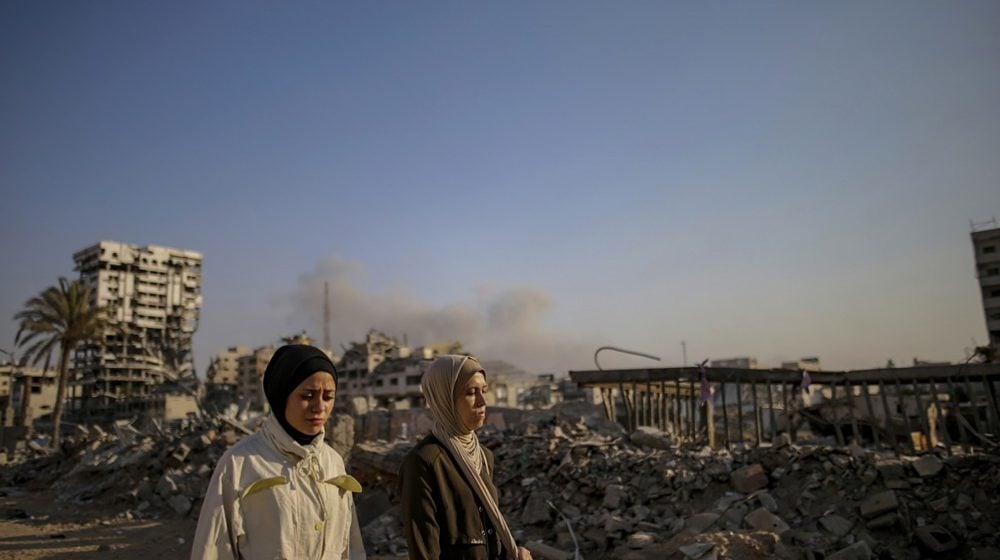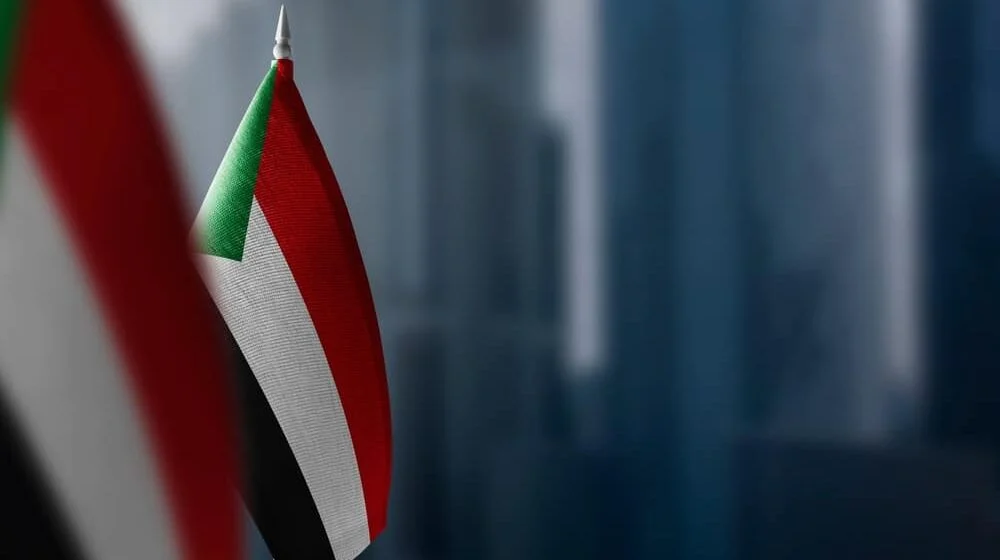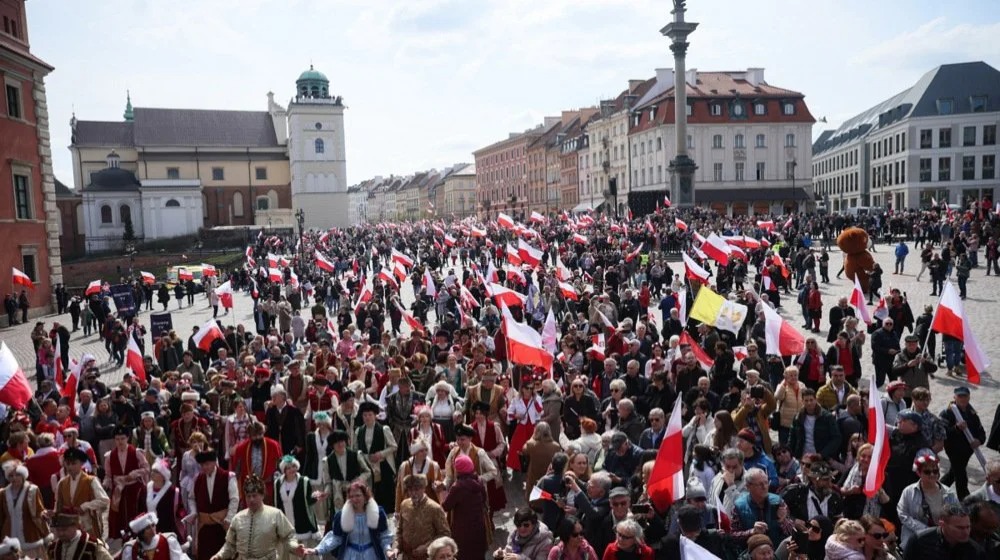
Recognition of the State of Palestine is the Minimum: European Socialists Tell the Guardian What the EU Must Do Next
This month, applause echoed through the hall of the United Nations General Assembly after the adoption of the so-called New York Declaration on reviving the two-state solution between Israel and Palestine.
The initiative, launched by France and Saudi Arabia, was adopted by a large majority – 142 countries – and represents a rare ray of hope in one of the most devastating crises of our time, write in an article for the Guardian Pedro Sánchez, Prime Minister of Spain and President of the Socialist International, Magdalena Andersson, former Prime Minister of Sweden and leader of the Swedish Social Democratic Party, Frans Timmermans, leader of the Greens–Left–Labour alliance in the Netherlands, Elly Schlein, leader of the Democratic Party in Italy, and Stefan Löfven, former Prime Minister of Sweden and President of the Party of European Socialists and Democrats.
Separately, the conclusions of the UN Commission of Inquiry echoed warnings by human rights organizations and genocide experts who have for months claimed: Israel is committing genocide in Gaza – reports Danas.
As the ground invasion in Gaza City intensifies, the international community has a legal and moral obligation to react. This includes the urgent imposition of sanctions on the government of Benjamin Netanyahu to halt war crimes.
This year’s United Nations General Assembly in New York is of key importance not only because of confronting the atrocities unfolding in Gaza, but also for making progress toward the long-delayed recognition of the Palestinian state.
For Europe in particular, given that the EU’s global reputation has been called into question because of its response to the war in Gaza, the gathering of world leaders represents a litmus test.
More than three decades after Yasser Arafat and Yitzhak Rabin formalized the “Oslo Accords” with a handshake, peace seems more distant than ever.
Although European countries and institutions formally support the idea of a sustainable two-state solution, the situation on the ground shows that more decisive and principled measures are needed.
As crimes in Gaza continue, the Israeli government is seriously and openly undermining the possibility of Palestinian self-determination.
The Government of Israel is expanding settlements in the West Bank, in complete violation of international law, and allowing settler violence without any consequences. It is also undermining the Palestinian Authority by withholding tax revenues, making it difficult to pay salaries and provide basic services.
EU countries such as Sweden and Spain have already recognized Palestine. After France announced in July that it would recognize Palestine, the United Kingdom, Malta, Belgium, Portugal, Luxembourg, Canada, and Australia have already done so or expressed their intention to do so soon.
Further recognition by European states would only strengthen this momentum, sending a clear and united message that the EU remains committed to the two-state solution.
There is still much to be done. While we work to put pressure on Israel to stop war crimes and cease undermining the prospects of a Palestinian state, the EU must simultaneously work on strengthening Palestine through concrete measures.
As early as 1997, the EU signed an interim association agreement with the Palestinian Authority. In light of growing settler violence in the occupied West Bank and the Israeli government’s settlement project in the so-called E1 area – which in practice would cut off the West Bank from East Jerusalem and divide the territory in two – the time has come to take a step further.
Upgrading the EU’s relations with Palestine to a full association agreement, which would include increased financial support, expanded trade relations, and a more structured political dialogue, represents a necessary step to strengthen the Palestinian Authority’s state-building efforts and confirm the EU’s commitment to the two-state solution.
According to Netanyahu, the two-state solution is not in line with Israel’s security interests. The truth is exactly the opposite.
Peace and security for Israel require sovereignty and security for both Israel and Palestine. Israel cannot deny Palestine that right while at the same time not undermining the possibility of a conciliatory dialogue. Palestinians, just like Israelis, deserve freedom, security, and dignity, the authors conclude.





